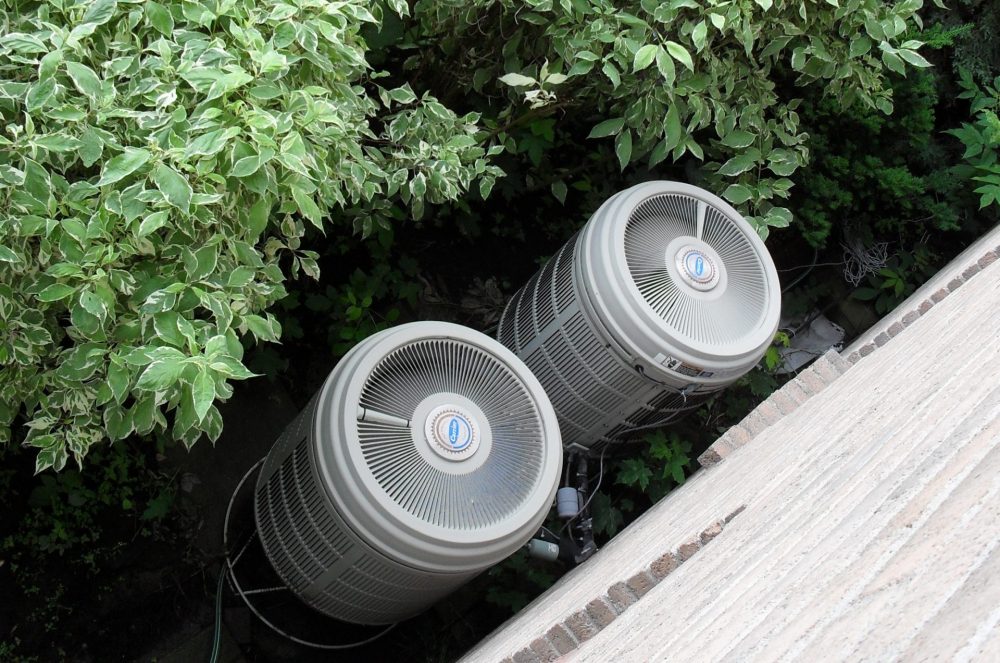Coachella Valley Heater Installation
Reliable Heating Installation, Maintenance and Repair in the Coachella Valley
Moisture in the air holds in heat, making for a more temperate climate, but a lack of moisture makes the desert full of extreme highs and lows. We recommend installing a high efficiency heating system to get the greatest result from the energy used.
Benefits of a Heater Installation in the Coachella Valley
Comfort
A heater makes your home the ideal temperature when it’s cold. No need to bundle up!
Air Quality
A heating system removes dust and other air pollutants, which improves the indoor air quality in your home. Remember to change your filters as needed.
Energy Efficient
An energy-efficient heater lowers your home’s energy use and reduces your heating bills – even in the Coachella Valley.
Types of Heating Systems
You have two choices for your heating needs – a furnace or heat pump.
Furnace Installation in the Coachella Valley
Furnaces have a blower that gathers, heats, and redistributes air throughout your home. A furnace system uses less fuel and energy than other heating systems in colder temperatures. This means our Coachella Valley heater installation team can help you save money. Common furnace types include:
Gas Furnace
- Uses natural gas
- Low fuel cost
- Long lasting
- Costly to install
- Noisy
Oil Furnace
- Low installation cost
- Higher maintenance
- Oil prices fluctuate
Electric Furnace
- Low install cost
- Low maintenance
- Less efficient heating
- More expensive to run
Heat Pump Installation in the Coachella Valley
Heat pumps extract heat from outdoor air and move it inside a residential building. We utilize these in our Ductless Mini Split units, which are suitable for homes without ductwork or for heating small additions to a home.
Heat pumps are an energy-efficient way to heat homes, resulting in lower energy bills. Some can also act as air conditioners to keep homes cool in summer.
Package units include everything in a single casing. These heating units are a convenient, cost-effective way to keep small spaces and homes heated.
Components of a Heating System
Air Ducts direct heated or cooled air to vents throughout your home. They are typically a 1 ft in diameter bendable metal tube.
Flame Sensors indicate whether or not a flame is present to ignite the gas.
Fan Blades circulates air throughout your home.
Capacitors supply your heating system’s fan motor with electricity.
Ignitor is a pilot light or electric component that heats up the gas in your furnace in order to produce heated air.
Gaskets seal the blower and heat exchanger.
Pressure Switches close so that electricity can ignite the furnace.
